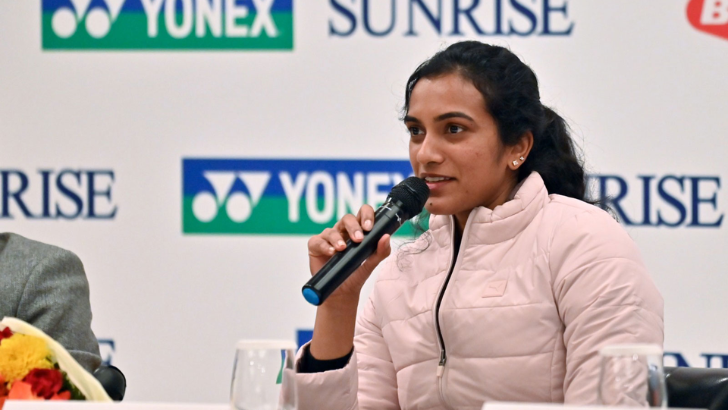Deep-tech startup claims leap in cancer care
The 'predictive tech' of Quantum Biosciences Private Limited uses quantum biosensors to detect unique ‘magnetic fingerprints’ of oxidative stress in cells, allowing detection of tissue injury.
PTI
.jpg)
Bengaluru, 3 Aug
A City-based deep-tech startup is leveraging quantum technology to
detect cellular damage even before the symptoms appear, in just hours, possibly
changing the game for cancer care.
The “predictive tech” of Quantum Biosciences Private Limited, one of the
20-odd exhibitors at the recently concluded Quantum India Bengaluru Summit,
uses quantum biosensors to detect unique ‘magnetic fingerprints’ of oxidative stress in cells, allowing detection of tissue injury.
When somebody close to him was diagnosed with cancer and had to undergo
radiation therapy, Quantum Biosciences Managing Director Ravi Puvvala, who was
earlier developing sensors for automotive industry, started exploring the
possibility of using sensors to predict radiation-induced cardiotoxicity before
irreversible damage.
“Radiation therapy is essential for treating cancer. However, it kills
not only the cancerous cells, but also the good ones. This leads to long-term
complications such as fatigue, cognitive decline, organ dysfunction and
secondary cancers. It also potentially induces a heart disease or fibrosis.”
Puvvala said.
Existing diagnostic tools, such as MRI, PET scans and blood biomarkers
only detect harm after significant damage has already occurred, said Puvvala.
“So, I wanted to use my experience in building sensors, and, you know, explore
technology, understand how to optimise this particular problem,” he said.
Things took a quantum leap when he partnered with the Netherlands-based QT Sense, led by another Banglorean, Deepak Veeregowda. QT Sense was formed to take forward the 15 years of academic research done in this area at the University of Groningen.
Leave a Reply
Your email address will not be published. Required fields are marked *











.png)





 (1).png)

